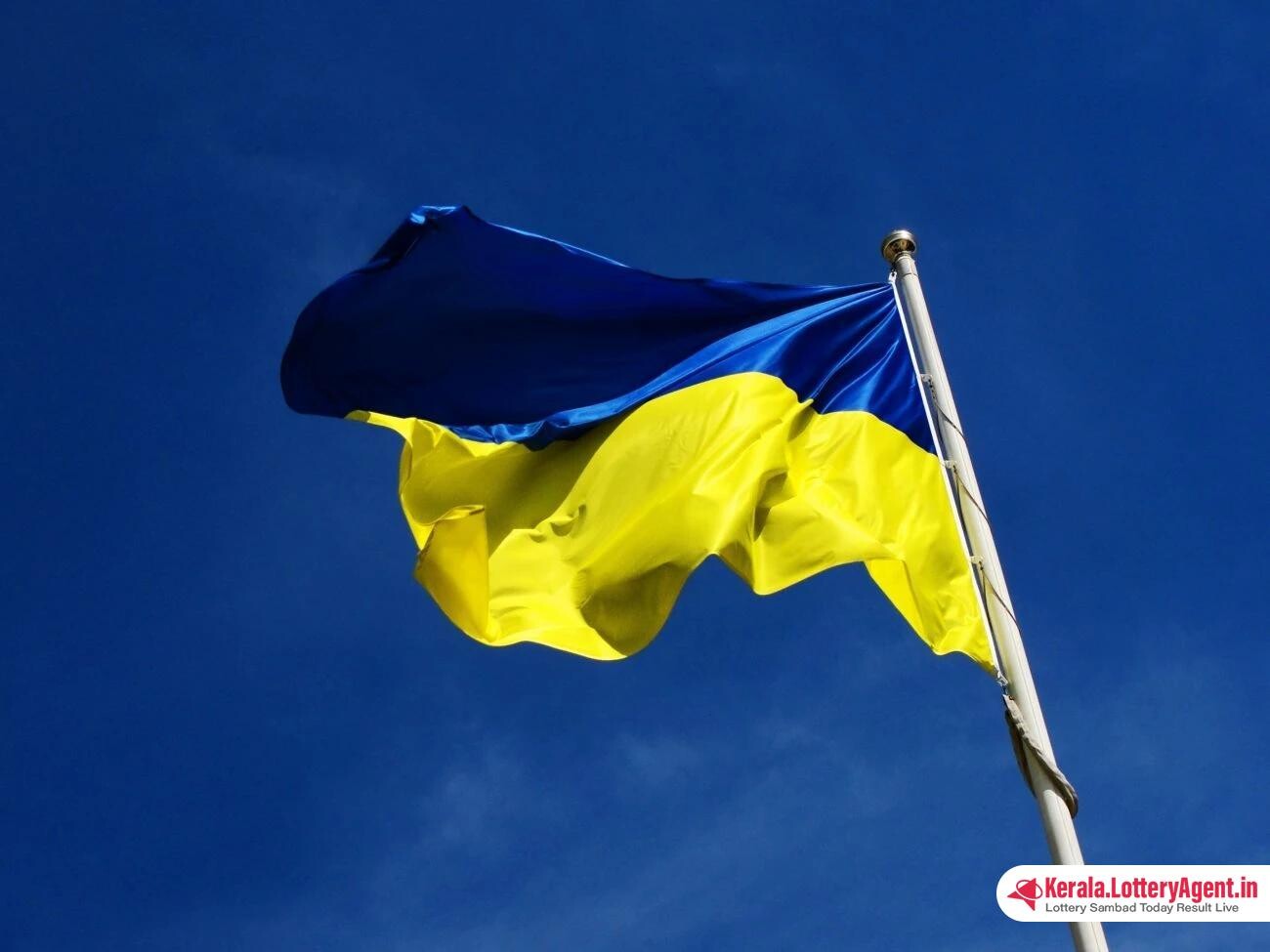
As the simmering conflict continues to shadow everyday life in Ukraine, President Volodymyr Zelensky addressed the nation on the evening of April 2, unveiling plans to rein in the online gambling industry. The move aims to shield society from its impact, prompted by concerns over its gravitation toward the nation’s armed forces.
The government is laying the groundwork to enforce stricter oversight on the sector, in the wake of a successful petition that highlighted the need for restraint on online gambling, particularly among Ukrainian soldiers. Initiated on March 29 by Pavlo Petrychenko of the 59th brigade, the appeal swiftly garnered over 26,000 signatures, thus crossing the threshold of 25,000, which mandates presidential review.
Petrychenko’s plea is both urgent and alarming; it emphasizes the detrimental effect gambling has on the military and societal well-being at large. The petition illustrates a grim reality where online gambling stems from a pursuit to mitigate stress among soldiers, only to spiral into an addiction that erodes their self-regulation.
The troubling consequences extend beyond the compulsive gambler. Soldiers, susceptible to the havoc of gambling, dissipate their earnings and burrow into debt, even to the extent of pawning critical military equipment such as drones and thermal imaging cameras. Such plight compromises not only individual welfare but also national security.
Complicating the issue, Ukrainian servicemen face targeted onslaughts from gambling entities, some of which are flagged as Russian-operated. Such ventures seek not only financial gain but also access to Ukrainian military personnel data, raising the stakes in a geopolitical chess game where debt bondage could turn soldiers into unwilling pawns of the adversary.
The president, wielding Article 93 of the Ukrainian Constitution, which grants legislative initiative, is poised to propose measures directly to Ukraine’s parliament, the Verkhovna Rada. These measures, echoing the petition, call for an outright prohibition of online gambling for soldiers amidst martial law and seek to sever any gambling-related marketing affiliations with military symbols.
Other facets of the proposed crackdown include the halt of charitable contributions from gambling firms—outlawing the receipt of such donations, and barring any advertising or publicity related to their purported benevolence. Moreover, the crackdown would entail barring pawnshops from trading military assets for debt and ensuring telecom providers block illegal online casino access.
The president’s instructions catalyze various state agencies to root out solutions. Among them, the chief of the Security Service of Ukraine (SBU), the Special Communications Service, the Digital Transformation Ministry, and the National Security and Defence Council. Tasked with an expedited analysis, they are expected to deliver actionable recommendations within a week.
Despite its previous status as an illegal operation since 2009, Ukraine saw the re-regulation of online gambling in July 2020. In 2024, confirmed through a Telegram discourse by the chair of the parliamentary Finance Committee, Danylo Hetmantsev, the regulated gambling entities contributed UAH 2.2 billion in taxes, succeeding a UAH 10.4 billion tax revenue in 2023.
Authorities, meanwhile, persevere in extinguishing illicit gambling activities. Earlier this year, the Economic Security Bureau of Ukraine confiscated UAH 700 million from a leading gambling operator implicated in tax evasion, accused of circumventing payments exceeding UAH 1.2 billion. Investigations revealed that operatives orchestrated unlicensed gambling through numerous “mirror” sites mimicking a licensed operator.
The nation’s anti-illegal gambling crusade has introduced several new laws against the backdrop of stringent anti-money laundering and counter-terrorist financing measures, which came into effect the prior July, inducing rigorous operator inspections. Concurrently, banking reforms are in the works to thwart financial services to individuals who have voluntarily excluded themselves from gambling.
Lastly, there is a potential overhaul in the Ukrainian gambling oversight structure. A proposal spearheaded by Deputy Prime Minister Mykhailo Fedorov in May 2023 suggests the dissolution of the existing regulatory body KRAIL, citing inefficiencies, particularly in issuing licenses. The recommendation anticipates the creation of a new executive body, aimed at revitalizing and ensuring the integrity of Ukraine’s gambling landscape amidst tumultuous times.












